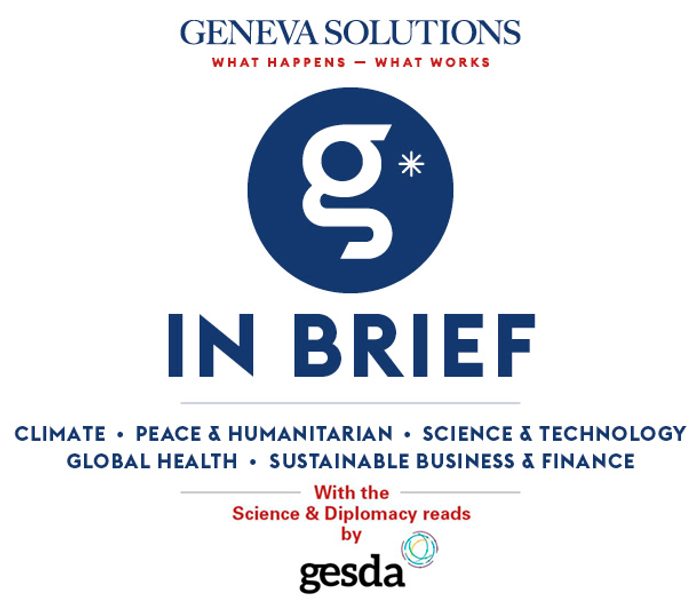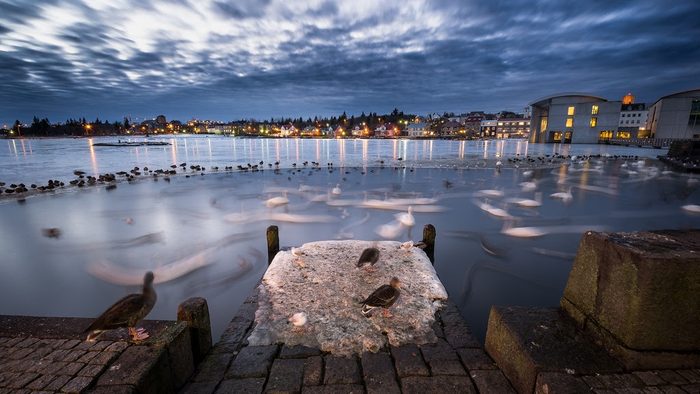|
How Iceland is hammering Covid-19 with science.
At a time when science in general, and the most recent science and tech advances in particular (like gene technologies), is observed with skepticism and suffers from a lack of recognition – if not of credibility –, the tiny island nation has made very clever efforts, basing its actions on science, to fight the Sars-Cov-2 pandemic. Not a surprise as one of the major and most innovative companies active in genomics, deCODE Genetics, is based in this country, which is very open to cutting-edge research and, in 2015 already, has constructed a complete and detailed picture of the country’s genomic profile.
With respect to Covid-19, “we’ve been committed for a long time to take everything we learn about human disease and publish it, says Kári Stefánsson, the founder and chief executive of deCODE genetics. There is no way in which we would have not utilized the opportunity.” Here is what he, and his team, have done and learned.
-Olivier Dessibourg
(EN)
|









